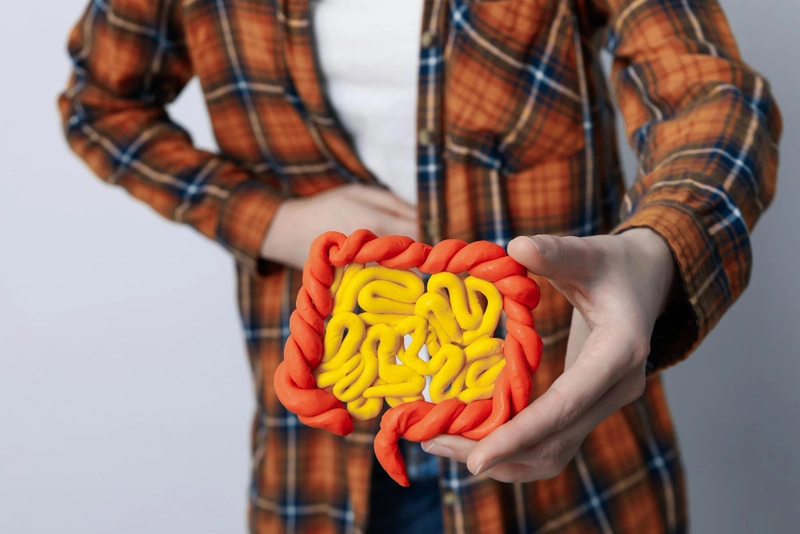- Published on: May 06, 2022
- 2 minute read
- By: Second Medic Expert
Stress Management
There are a lot of different ways to manage stress, and what works for one person may not work for another. It's important to experiment and find what works best for you. Here are a few ideas to get you started:
Exercise: Exercise is a great way to release tension and reduce stress levels. Even just a short walk can help to clear your head and give you some much-needed fresh air.
Meditation: Meditation can help you to focus on the present moment and let go of stressors from the past or future. There are many different ways to meditate, so find one that feels comfortable for you and stick with it
Practicing relaxation techniques: Relaxation techniques such as deep breathing, meditation, and yoga can help to calm the mind and body and reduce the effects of stress.
Identify the sources of stress in your life. This can be difficult, as often times we experience stress without even realizing it. Once you have identified the main sources of stress in your life, you can begin to take steps to eliminate or reduce them.
Learn healthy coping mechanisms. This could involve things like deep breathing exercises, yoga, meditation, journaling, or any other activity that helps you to relax and de-stress.
Make time for yourself every day. It is important to find time each day to do something that you enjoy or that relaxes you.
Stress management is all about taking control of the stressors in your life and learning how to cope with them in a healthy way. There are many different stress management techniques that you can use, but it’s important to find the ones that work best for you.One of the most effective stress management techniques is exercise. Not only does it help improve your overall health, but it also releases endorphins, which have mood-boosting effects. Regular exercise can help reduce stress levels and make you feel more relaxed and happier.
Another great way to manage stress is to spend time with friends and loved ones. Connecting with others can help reduce stress and improve your overall sense of well-being. When it comes to managing stress, there are a few things that you can do to make sure that you're as successful as possible. First, it's important to understand what stress is and how it affects your body. Stress is a physical response to an external trigger - it's your body's way of preparing itself for a challenge or threat. When you perceive a threat, your brain signals your body to release hormones like cortisol and adrenaline. These hormones increase your heart rate and blood pressure, and they also give you more energy so that you can either fight or flee from the perceived danger.
Just to recap - Stress is a part of everyone's life, but it doesn't have to take over. Learning how to manage stress can help you feel more in control, energetic, and productive. Here are some tips to get started. First, it's important to understand what stress is and how it affects your body. Stress is your body's response to pressure or threat. It can be caused by anything that makes you feel anxious, overwhelmed, or like you're not in control. When you're stressed, your body releases hormones that increase your heart rate and raise blood pressure.
Our Services
Request A Callback
Recent Posts
Best Treatment Options for IBS in India
Jul 03,2025
Insomnia in Teens and How to Manage It
Jul 01,2025
Silent Symptoms of Cervical Cancer Women Ignore
Jun 27,2025
Seasonal Flu vs Covid-19: 2025 Comparison
Jun 25,2025










